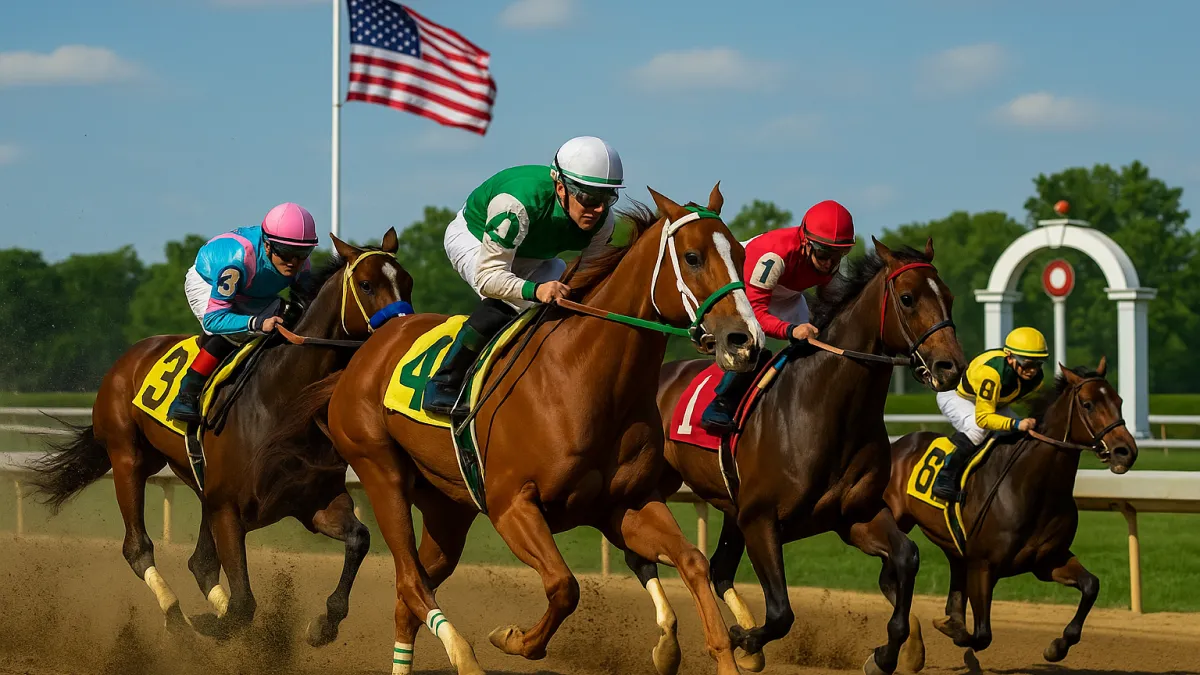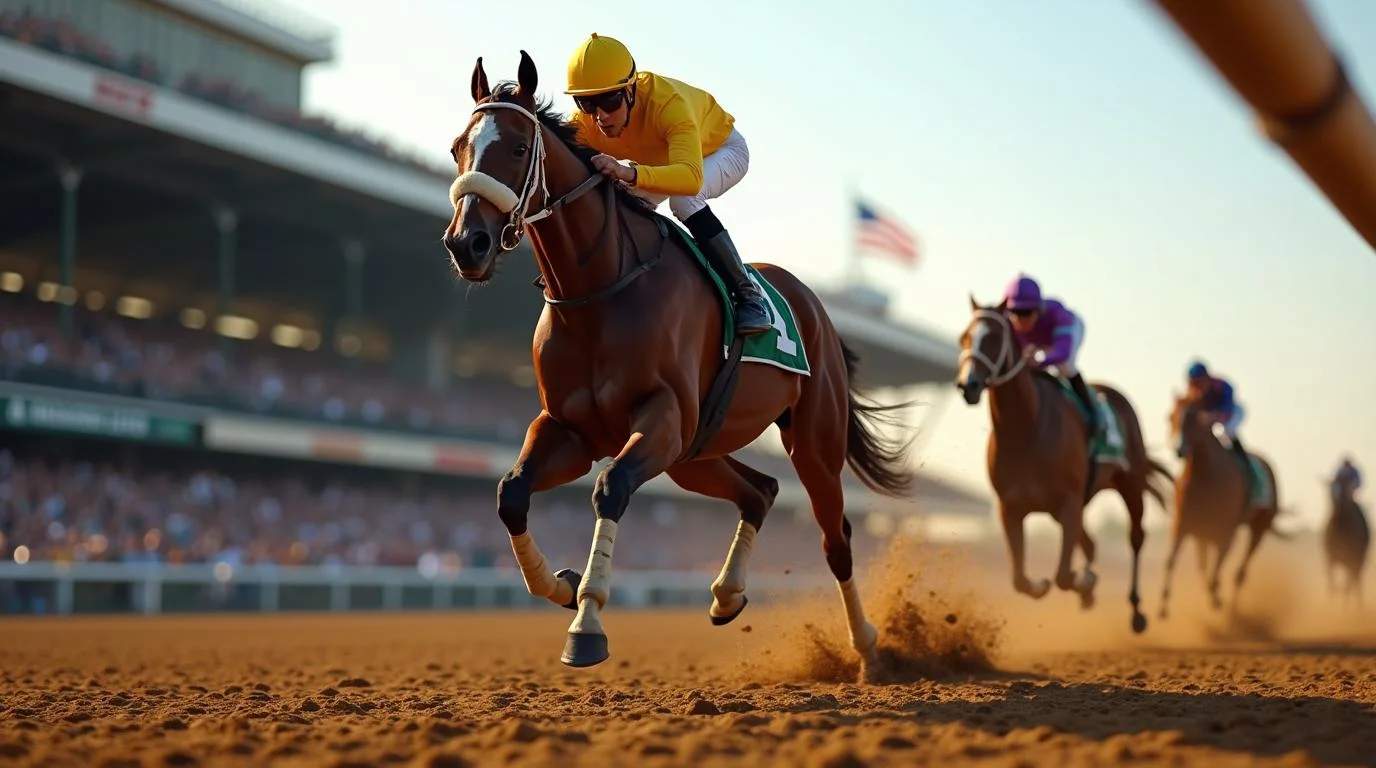Horse Racing Leaders Push for 2025 Gambling Tax Reform

1.0
Default
With the threat of One Big Beautiful Bill raising concerns among the gambling public, advocates for horse racing are still hopeful for a reversal of the bill before it is set to take effect next year. Shawn Smeallie, a famed industry lobbyist, showed optimism during a conference on horse racing, stating that there's widespread support in Congress to reverse a provision to limit gambling loss deduction.
Horse racing advocates are expressing cautious optimism that a recent and highly contentious tax change impacting gambling deductions will be rolled back before it takes effect in 2026. Speaking at The Jockey Club's Round Table Conference on the 31st of July, industry lobbyist Shawn Smeallie highlighted growing bipartisan support in Congress to undo a provision limiting the deduction of gambling losses.
The change - tucked into the recently passed 'Big Beautiful Bill' - caps the amount of gambling losses that can be claimed against winnings at 90%. Critics say this adjustment unfairly punishes bettors and could have unintended consequences for the broader racing industry.
"Taxing losses": a dangerous precedent
Smeallie, who represents the racing industry through his firm ACG Advocacy, warned that the new rule could result in some gamblers paying taxes on net losses - an unprecedented and illogical situation. "One tax increase that did sneak into the bill, unbeknownst to the very powerful American Gaming Association, was a provision allowing only 90% deduction for gambling losses," said Smeallie. "This would actually create a scenario for gamblers where they would have to pay taxes on their losses."
To illustrate, Smeallie presented the case of a bettor with $300,000 in winnings and $320,000 in losses. Under the current law, this player would be allowed to deduct only 90% of their losses ($288,000), meaning they would still be taxed on $12,000 in income - despite losing $20,000 overall for the year.
Legislative fix gaining momentum
The racing industry isn't alone in calling for the tax change to be reversed. According to Smeallie, legislation has already been introduced in both chambers of Congress to restore full deductibility of gambling losses. He anticipates the fix will be included in a broader tax bill expected this fall.
Several key senators from both parties are backing the reversal, including Sen. Ted Cruz from Texas, Sen. Bill Hagerty from Tennessee, and Nevada Democrats Sen. Catherine Cortez Masto and Sen. Jacky Rosen. Their support reflects a growing consensus that the 90% deduction cap is unworkable for high-volume gamblers and detrimental to gaming-related industries. Powerful stakeholders, such as the American Gaming Association, have also joined the effort, aligning with racing advocates to protect the interests of bettors and the businesses that rely on their activity.
Bonus depreciation victory shows industry's clout
While the 90% rule remains a concern, Smeallie highlighted one major win for racing in the final version of the Big Beautiful Bill: permanent 100% bonus depreciation. This tax incentive, which allows for full write-offs of qualifying property like equipment and fencing, barns, and certain horse expenditures, had been at risk earlier in the legislative process.
"Making 100% bonus depreciation permanent was a huge victory," said Smeallie. "It allows for long-term planning by owners and farms and provides much-needed stability."
Call to action for industry leaders
Smeallie concluded his remarks with a rallying cry to the Round Table audience, urging continued engagement with lawmakers on Capitol Hill. He emphasized the critical role of grassroots influence within the racing community.
"Many of you in this room have personal relationships with policymakers in Washington," he said. "Your voices make a difference with key decision-makers. We need your help on issues important to the industry, and I can assure you, there will always be issues." He also pointed to other emerging legislative concerns, including labor visa policies affecting backstretch workers and threats to the Horseracing Integrity and Safety Authority. The message was clear: vigilance, communication, and unity will be essential as the industry navigates a challenging policy landscape.
"We are a national, nationwide industry, not without controversy," Smeallie said. "If this (depreciation) tax change should rear its ugly head again, we need our champions ready, able, and willing."



















